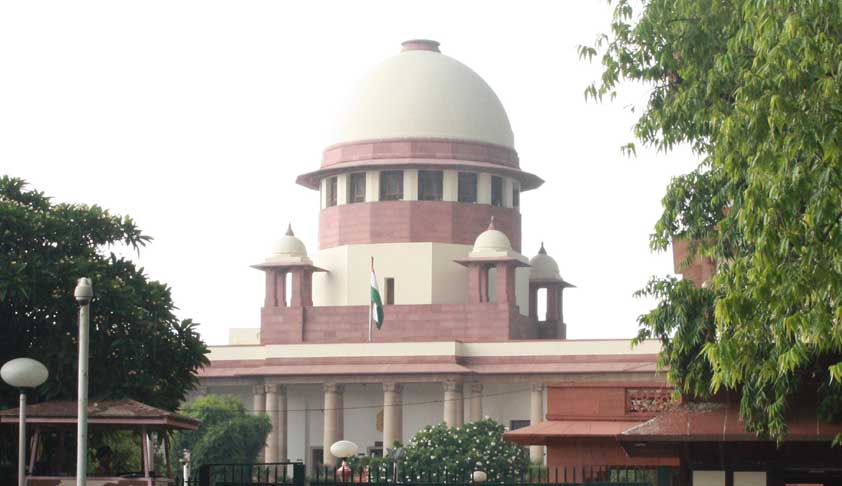The Centre has sought the review of the Supreme Court’s decision on immediate disqualification of MPs and MLAs on conviction in a criminal case without being given three months’ time for appeal, as was the case before.It was argued in the petition that section 8(4) of the Representative of People Act which deferred the disqualification of MPs and MLAs till the appeal is decided was...

